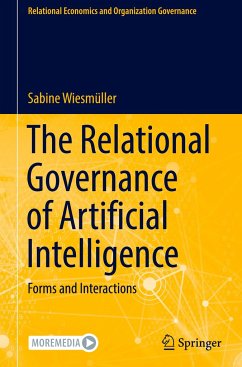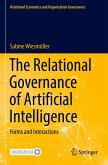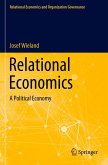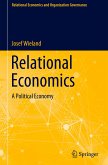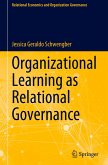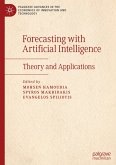This book addresses the development and adoption of artificial intelligence (AI) in and by companies and the consequent need for private sector AI regulation. Highlighting the challenges to responsible business conduct and considering stakeholder interests, it identifies ethical concerns and discusses AI standards and AI norms. Based on this needs-based analysis, the author chooses relational economics as a suitable approach to develop a theoretical AI governance model. In doing so, AI is conceptualized within relational economics in the form of an autopoietic system. Building on this theoretical contribution, the book specifies the governance adaptivity of the relational AI governance approach for an unregulated AI market and for the case of the pending E.U. AI regulation, and complements it with inductively conducted categories that summarize the main research streams in AI ethics.

